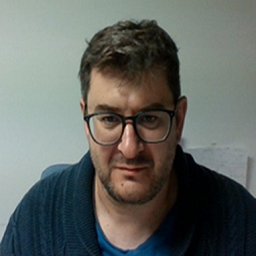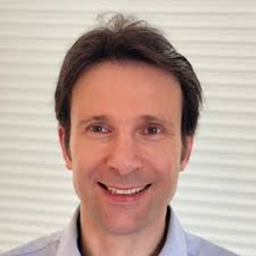
Hendrik Heinz
University of Colorado-Boulder, USA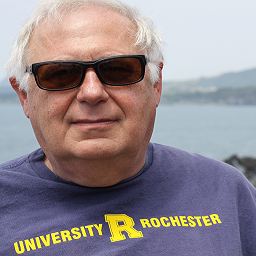
Roman Sobolewski (Plenary)
University of Rochester, USA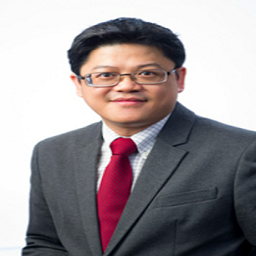
Sam Hsien-Yi Hsu
City University of Hong Kong, China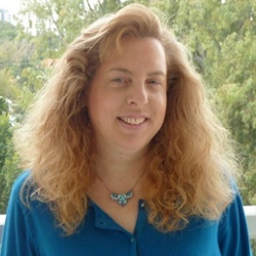
Meital Zilberman
Tel-Aviv University, Israel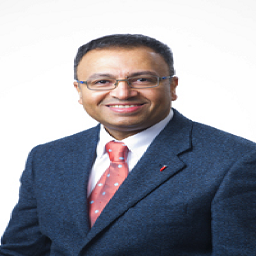
Walid Daoud(Plenary)
City University of Hong Kong, Hong Kong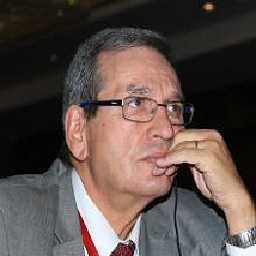
Rodrigo Martins
Universidade NOVA de Lisboa, Portugal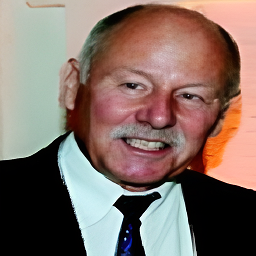
Georg Amthauer
University of Salzburg, Austria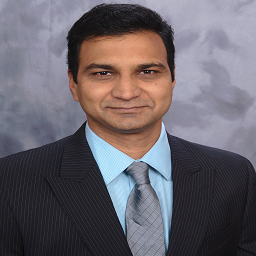
Vilas G. Pol
Purdue University, USA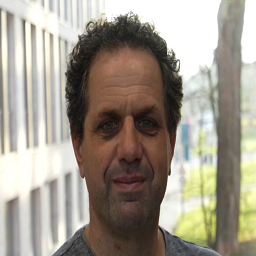
Jan Novotny (Plenary)
Jan Evangelista Purkyne University in Usti nad Labem , Czech Republic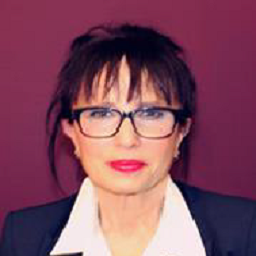
Lia Krusin-Elbaum
City College of New York, USA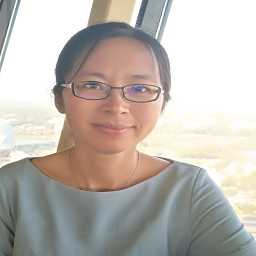
Wen Zhong
University of Manitoba, Canada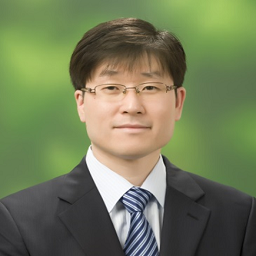
Bong-Joong Kim (Plenary)
Gwangju Institute of Science and Technology , South Korea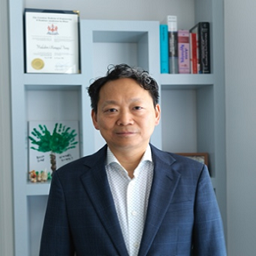
Malcolm Xing
University of Manitoba, Canada